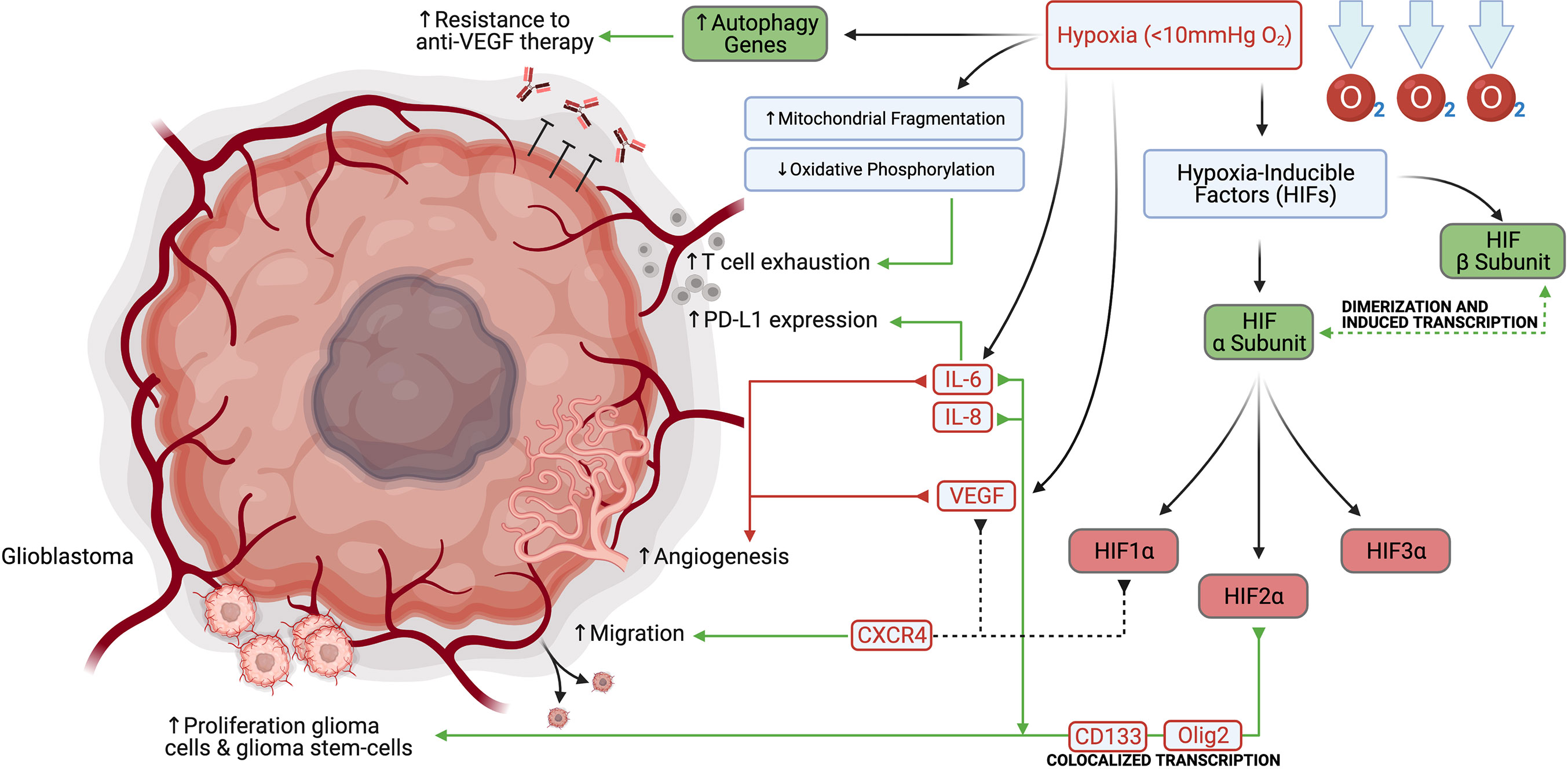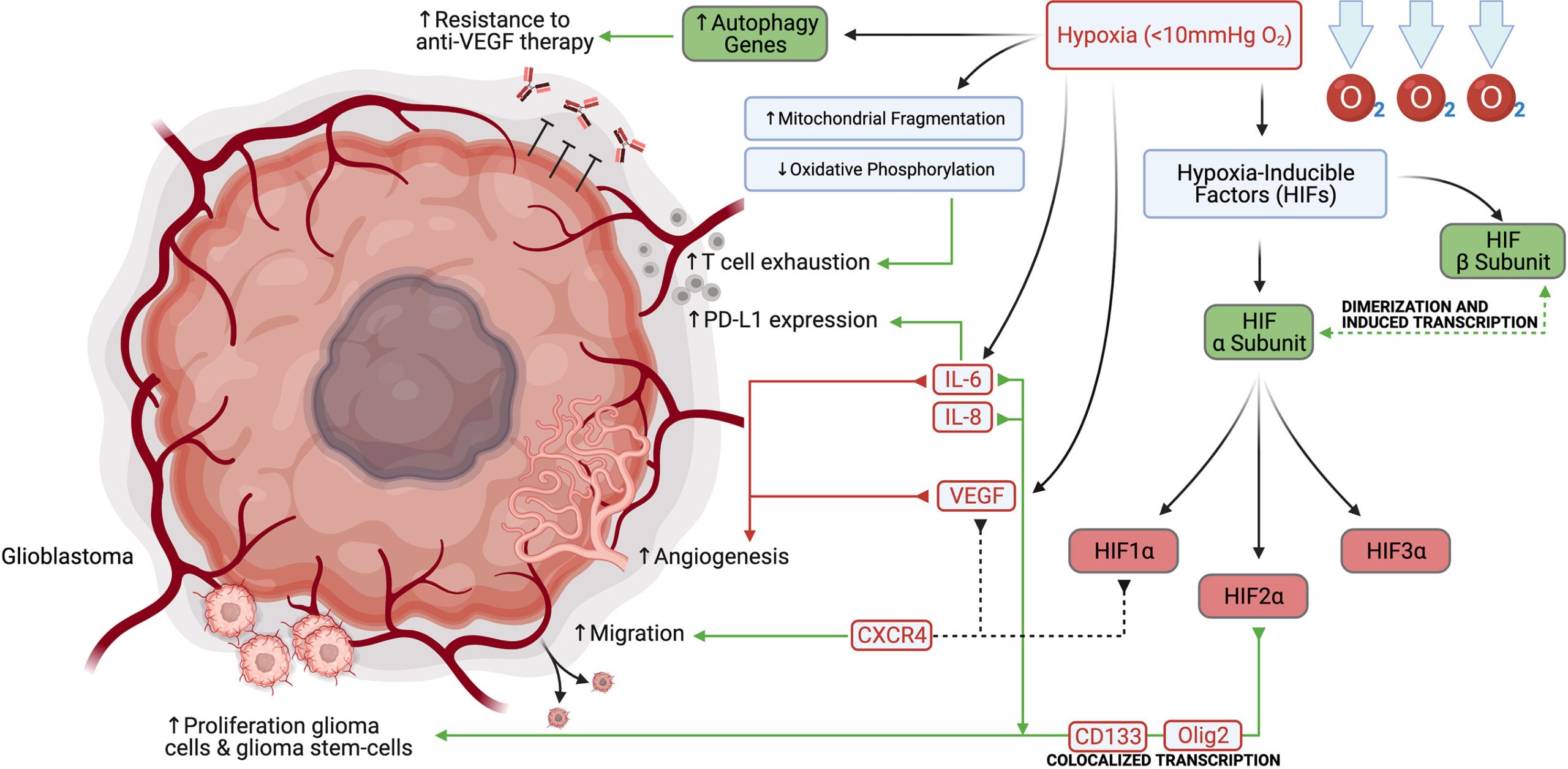
**An Advancement in Cancer Therapy: Nutritional Supplement Enhances CAR T Cell Function**
Immunotherapy has revolutionized cancer treatment, and one of its most exciting advancements is Chimeric Antigen Receptor (CAR) T cell therapy. This individualized approach reprograms a patient’s immune cells to identify and eradicate cancer cells, managing to treat numerous individuals with specific blood cancers successfully. Nonetheless, despite its revolutionary promise, CAR T therapy is not universally effective, prompting researchers to explore methods to boost its potency. A recent study indicates that a straightforward dietary supplement may offer solutions to some of these obstacles.
Investigators from the Perelman School of Medicine at the University of Pennsylvania and Penn Medicine’s Abramson Cancer Center shared their research at the 66th American Society of Hematology (ASH) Annual Meeting, revealing that beta-hydroxybutyrate (BHB), a compound naturally generated in the body as a response to particular dietary patterns, can amplify CAR T cell functions. If corroborated in clinical trials, this strategy could provide an affordable and easily accessible means to enhance cancer treatment results.
—
### **The Ketogenic Link: Harnessing the Power of BHB**
The research was led by Shan Liu, PhD, a postdoctoral researcher, alongside Puneeth Guruprasad, PhD, under the guidance of prominent scientists Dr. Marco Ruella and Dr. Maayan Levy. Their work concentrated on the metabolic requirements of CAR T cells and the potential impact of diet on these needs.
CAR T cells are engineered immune cells designed to specifically target cancer, but similar to all cell types, they depend on energy for effective functioning. While glucose has historically been considered the main energy source for cells, the Penn research team found that CAR T cells actually exhibit enhanced performance with beta-hydroxybutyrate (BHB), a metabolite produced naturally by the liver in the context of a ketogenic diet. BHB serves as a primary energy source when the body metabolizes fats instead of carbohydrates.
In preclinical studies employing a mouse model of diffuse large B-cell lymphoma, the researchers evaluated various diets including ketogenic, high-fiber, high-fat, high-protein, and traditional control diets. Mice on the ketogenic diet demonstrated markedly improved tumor management and survival compared to all other dietary groups. The team pinpointed BHB as the key contributor to these outcomes, as it seemed to energize CAR T cells more effectively than glucose.
“Our hypothesis is that CAR T cells favor BHB as an energy source over standard sugars in the body, like glucose,” commented co-lead author Puneeth Guruprasad. “Elevating BHB levels in the body empowers the CAR T cells to eliminate cancer cells more efficiently.”
—
### **BHB Supplementation Boosts CAR T Cell Efficiency**
The research team further investigated whether BHB supplementation, irrespective of following a ketogenic diet, could similarly amplify the effectiveness of CAR T cell therapy. In laboratory models of human cancers, pairing a BHB supplement with CAR T therapy resulted in the complete elimination of cancer in most instances and facilitated greater CAR T cell expansion and activation.
The researchers also validated these effects in human subjects. Blood samples from patients post-CAR T cell therapy indicated that higher baseline levels of BHB correlated with improved CAR T cell expansion. Moreover, healthy participants consuming a BHB supplement showed metabolic alterations in their T cells consistent with laboratory results.
In contrast to other dietary strategies examined in cancer immunotherapy, such as high-fiber diets that operate through the gut microbiome, the BHB mechanism appears to hinge on metabolic shifts in the bloodstream. This finding provides a novel perspective on how cellular energy metabolism can affect cancer treatment efficacy.
—
### **Consequences and Upcoming Steps: Moving Toward Clinical Trials**
Motivated by their encouraging preclinical results, the researchers are proceeding to transition their discoveries into clinical applications. A **Phase I clinical trial** led by Dr. Elise Chong is currently in progress at Penn Medicine’s Abramson Cancer Center. This trial aims to enroll patients with relapsed or refractory large B-cell lymphoma receiving commercially approved CAR T cell therapy.
The simplicity and potential accessibility of this approach is its primary advantage. BHB supplementation could potentially serve as a low-cost, low-toxicity adjunct to existing CAR T therapies. “Should the clinical trial data validate our findings, I am eager to consider how such a straightforward method might be integrated with dietary changes or other traditional strategies to boost anticancer efficacy,” remarked Dr. Maayan Levy.
Dr. Marco Ruella shared this enthusiasm but cautioned against premature conclusions. “We must stress that, as of now, the research is still in its early stages, and we’re not recommending any dietary changes or supplements to patients based on this investigation until we possess conclusive clinical proof,” he stated.
—
### **The Future of CAR T Cell Therapy**
While it remains premature to ascertain whether B
